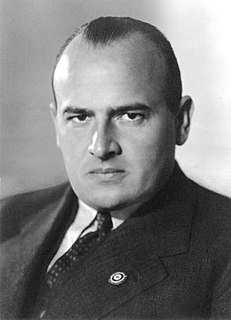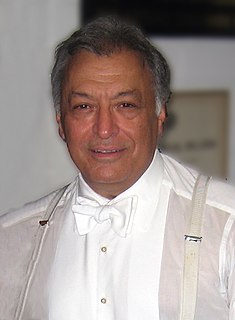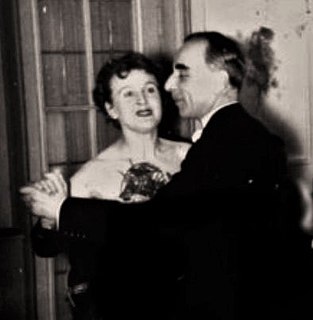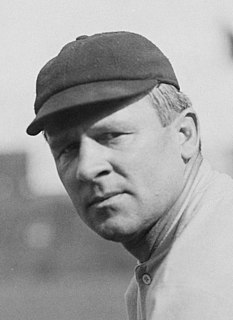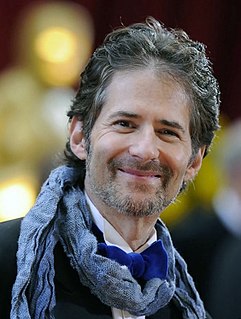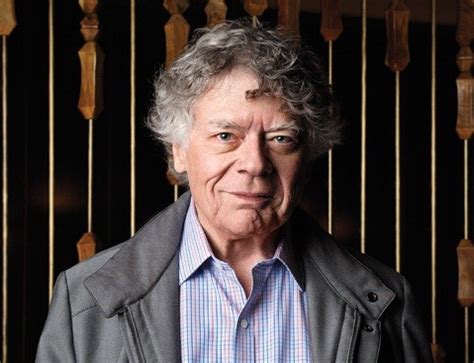A Quote by Hans Frank
I did not care for Wagner. My tastes are more classical. Der Fuhrer had no musical taste and liked Wagner because of the bombastic Teutonic glories.
Related Quotes
I name (Honus) Wagner first on my list, not only because he was a great batting champion and base-runner, and also baseball's foremost shortstop, but because Honus (Wagner) could have been first at any other position, with the possible exception of pitcher. In all my career, I never saw such a versatile player.
What stands most explicitly as critique in Nietzsche's late work in not a development from earlier interests but a return to two problems of enduring personal involvement for him, those of Wagner and of Christianity. Der Antichrist , to take one case, is not a response to a resuscitating public interest in Christian religion; it is primarily a renewed attempt to resolve for himself the question of piety.
